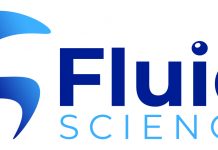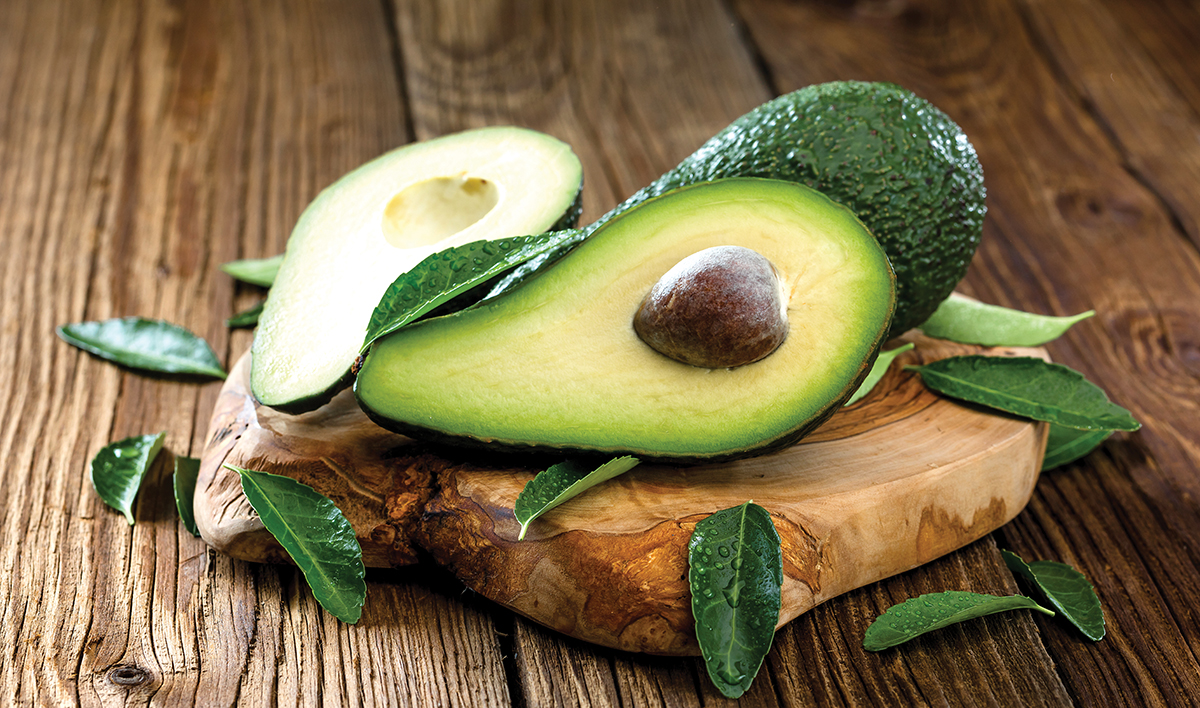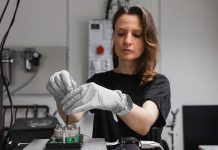The least appreciated part of an avocado could hold the key to a new age of chemical research.
According to researchers in the United States, avocado seed husks, which are usually discarded along with the seed, are packed with previously unrecognised chemical compounds.
They say these compounds could eventually be used to treat a host of debilitating diseases, as well as to enhance cosmetics, perfumes and other consumer goods.
The researchers presented details of their work at the 254th National Meeting & Exposition of the American Chemical Society, which featured presentations on a wide range of topics.
Researcher Debasish Bandyopadhyay, Ph.D said: “It could very well be that avocado seed husks, which most people consider as the waste of wastes, are actually the gem of gems because the medicinal compounds within them could eventually be used to treat cancer, heart disease and other conditions.
“Our results also suggest that the seed husks are a potential source of chemicals used in plastics and other industrial products.”
Nearly five million tons of avocados are produced worldwide annually and in most cases the flesh is eaten and the seed is thrown away.
Some edible oil manufacturers extract avocado oil from the seeds but they remove the husk surrounding the seed and discard it before processing.
Bandyopadhyay and his students Valerie Cano, Orlando Castillo, Daniel Villicana and Thomas Eubanks at the University of Texas Rio Grande Valley ground 300 dried avocado seed husks into 21 ounces of powder.
After additional processing, the powder yielded about three teaspoons of seed husk oil and slightly more than an ounce of seed husk wax. Using gas chromatography–mass spectrometry analysis, the research team found 116 compounds in the oil and 16 in the wax. Many of these compounds do not appear to be found in the seeds themselves.
Among the constituents in the oil was behenyl alcohol (also known as docosanol), an ingredient used in anti-viral medications, heptacosane, which might inhibit the growth of tumor cells, and dodecanoic acid, which increases high density lipoprotein (known as HDL) and, as a result, could reduce the risk of atherosclerosis.
In the wax, the researchers detected benzyl butyl phthalate, a plasticiser used to promote flexibility in numerous synthetic products from shower curtains to medical devices; bis(2-butoxyethyl) phthalate, which is used in cosmetics; and butylated hydroxytoluene (BHT), which is a food additive.
Bandyopadhyay says his team will modify several of these natural compounds so that they can be used to create better medications with fewer side effects.
Funding came from the Center of Excellence in STEM Education (College of Sciences) at The University of Texas Rio Grande Valley.














